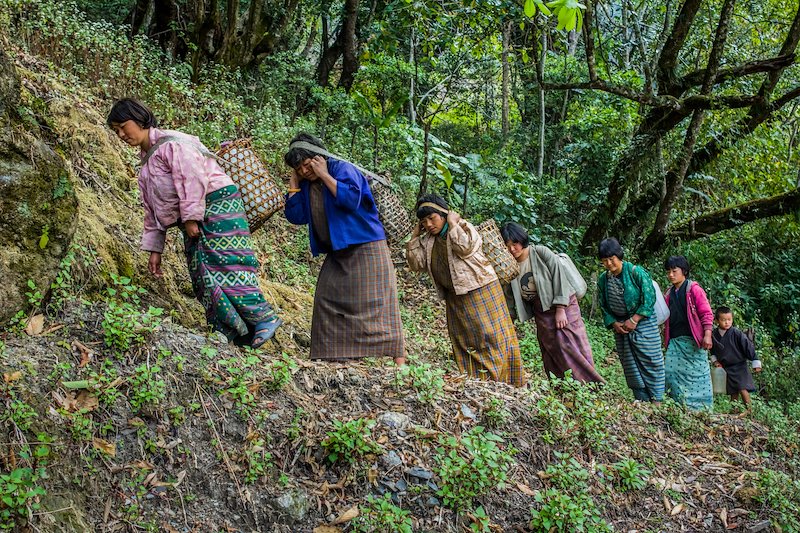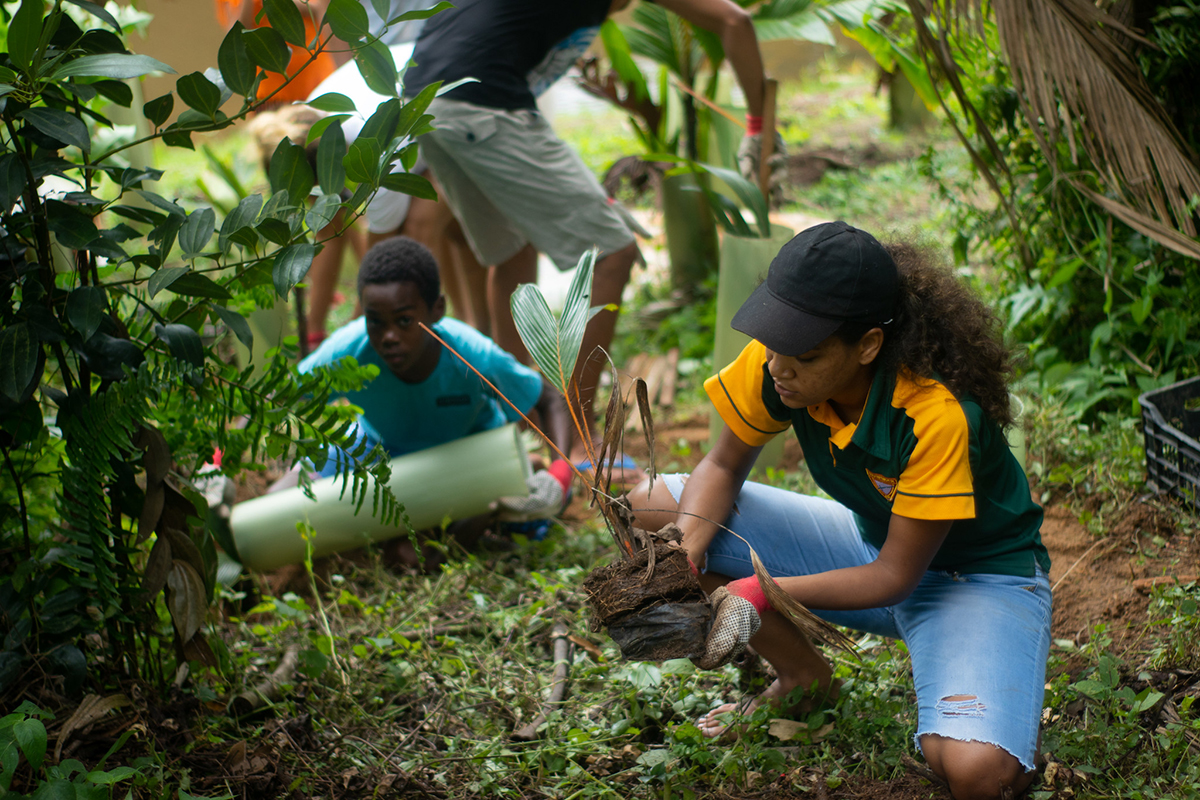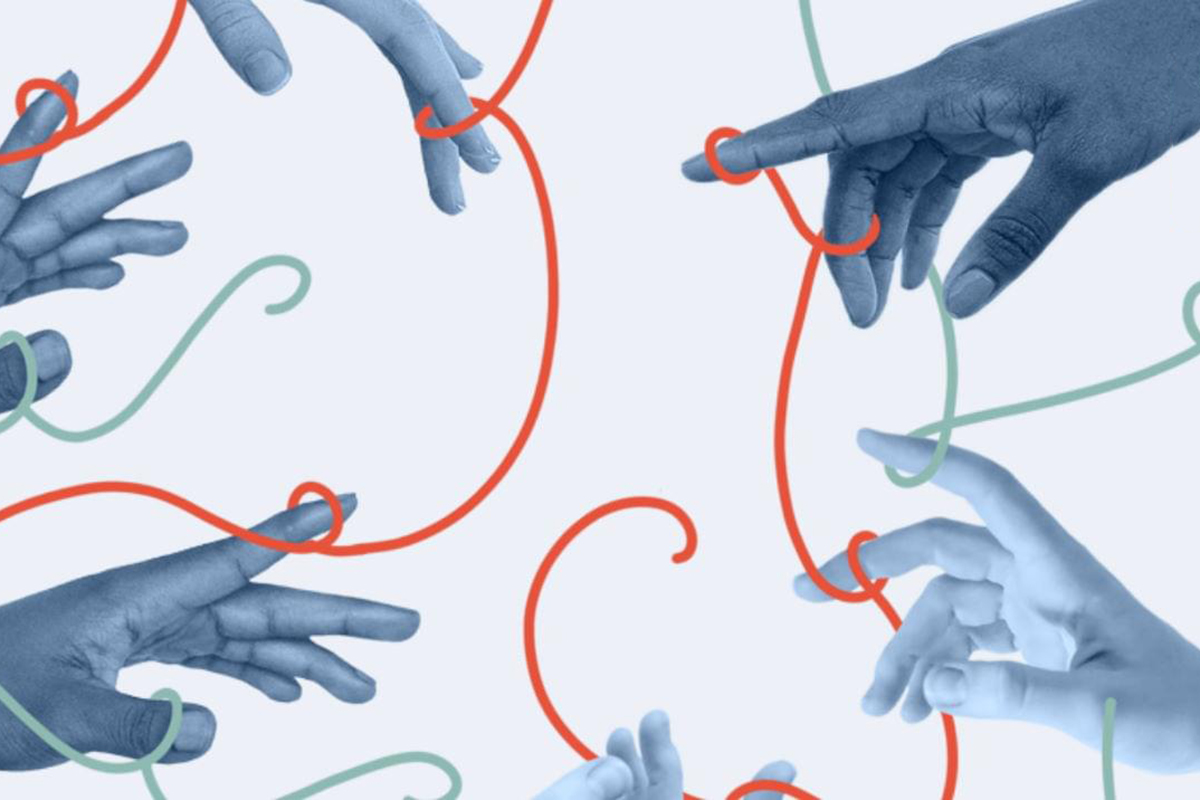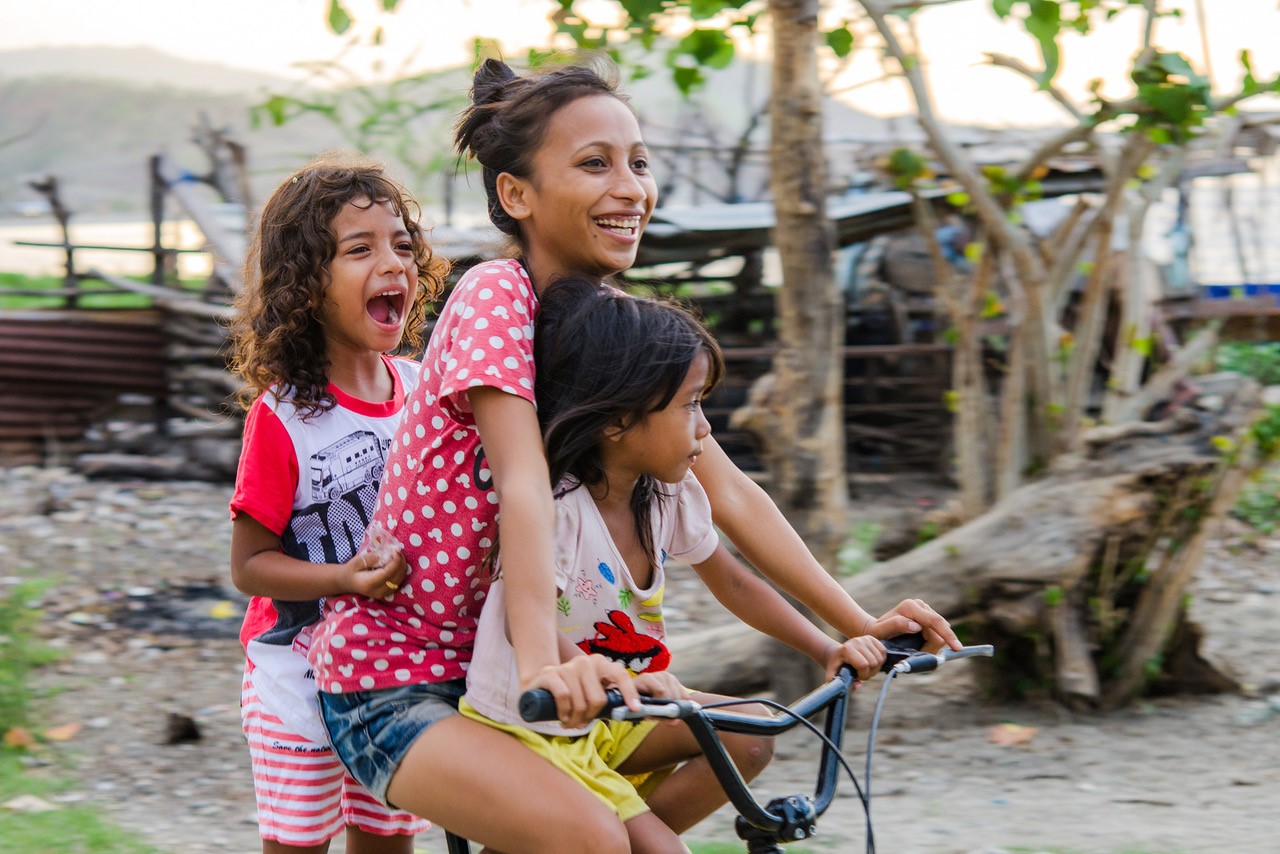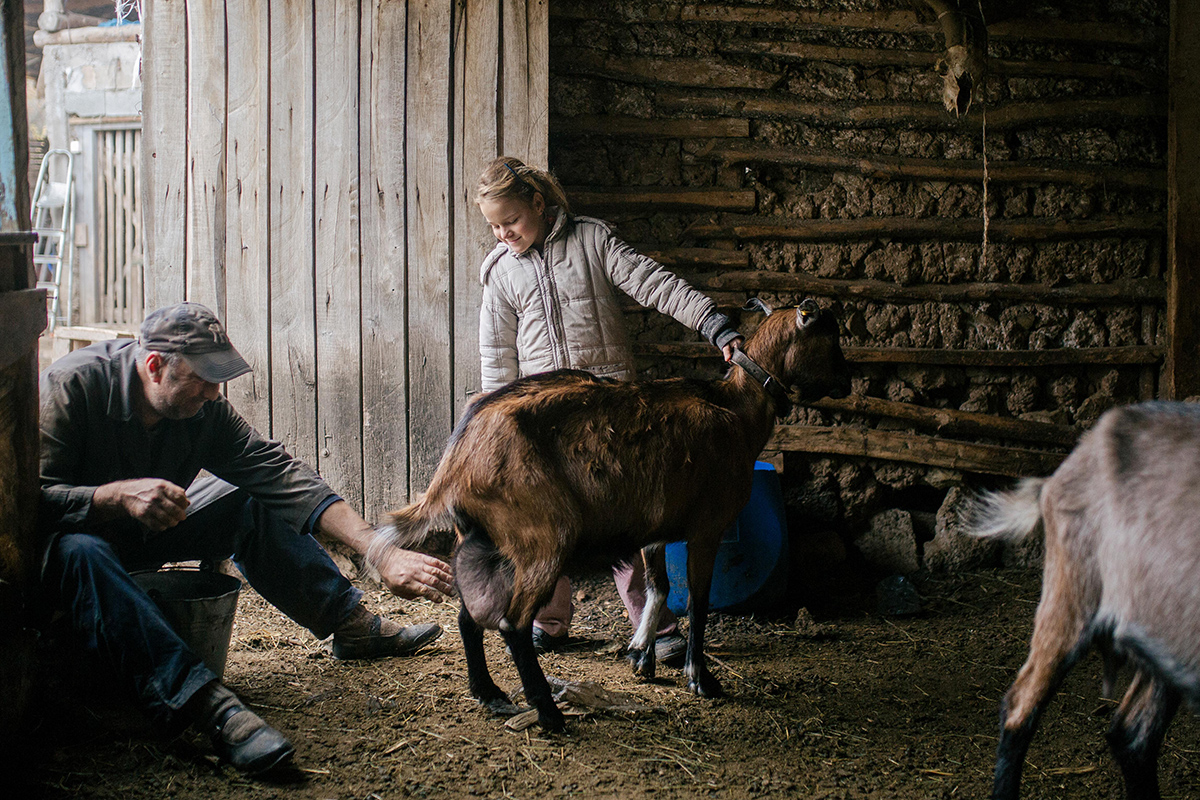Around the world some 2.2 billion people lack safely managed drinking water, 4.2 billion people lack safely managed sanitation, and 700 million people could be displaced due to scarcity of water by 2030. A number of factors are contributing to the world’s water crisis, not least rising temperatures, shifting rainfall, and extreme weather driven by a warming planet. To address the challenges, UNDP is working with governments and communities worldwide to achieve equitable access to safe and affordable drinking water for all.
UNDP
The project, Ecosystem-Based Adaptation to Climate Change in Seychelles, is working to reduce the vulnerability of the Seychelles to climate change. Supporting communities to adapt to life in a less predictable climate system, this approach to managing climate risk will secure critical water access and bolster resilience to flooding. Through pipes connected to the wetland by the Department of Agriculture, the farming community now benefits from a year-round water supply from the Bougainville wetland, building the resilience of the farming community to climate-induced drought.
Everyone is impressed by Khowla Mohamed Abdow. She’s competent, helpful and hardworking. At 25 years old, she’s the coordinator of Baidoa’s Alternative Dispute Resolution Centre in South West Somalia, a Ministry of Justice facility supported by UNDP, where local people can come for help solving arguments ranging from land theft to domestic abuse.
“Help bonobos and bonobos will help you” – is a saying in the Kokolopori community deep in the Congo Basin rainforest. It refers to the bonobo, a species of great apes. Bonobos share nearly 99 percent of their DNA with humans. Smart, emotional, creative, with homo sapiens-looking physical traits, the bonobo can be described as the closest relative to humankind. Yet they are endangered. The Kokolopori community, at Vie Sauvage, has a model for how to save this important species.
Twelve months, twelve lessons from the pandemic: Facts save lives; Be fast, be global; Everything is connected; We are not all treated equally, and that needs to change; Progress can be precarious; Biodiversity is keeping us alive; Women’s leadership is needed more than ever; Many hands make light work – even if some are not human; Migrants are the future; The more we know, the more effectively we can act; The SDGs are more vital than ever; A crisis is also an opportunity.
Women in Wakhan National Park supporting reforestation efforts. The forests close to the villages will decrease pressure on grazing areas in wildlife habitats. Globally, women are stepping to the fore against wildlife crime and corruption. Through positions they occupy in all walks of life – as influencers in their communities, frontline defenders and wildlife managers, government decision-makers, legislators, scientists, and business leaders - women are working to protect wildlife for the benefit of ecosystems, economies and people.
The Galapagos Islands, off the west coast of Ecuador, are among the most important bastions of nature on our planet. The diversity of life here--hammerhead sharks, Galapagos penguins, blue-footed boobies and giant tortoises among them--prompted Charles Darwin 150 years ago to craft his theory on the origin and evolution of species. Today, we at another crossroads for nature, and indeed for all of humanity. Biodiversity continues to collapse at an alarming rate. But there is hope. UNDP’s Biodiversity Finance Initiative is working with the government of the archipelago and Quito’s San Francisco University on a crowdfunding campaign to support local communities. Anyone can send a donation.
In December 2019, UNDP Fiji through the Accelerator Lab Pacific embarked on an experiment to understand the interplay between traditional knowledge, cultural identity and climate resilience. The Accelerator Lab Pacific hypothesized that if communities revived their traditional practices, it would help towards strengthening cultural identity and then in turn improve climate resilience, through better relationship with their biodiversity and natural resources. Vusama village, on the south west coast of Fiji’s main island Viti Levu, which was the traditional custodian of salt making, but had not practiced it for more than 50 years, was set up a demonstration site for salt making revival.
We step into a new decade bringing with us the shadow of the last. The COVID-19 pandemic challenged not just our everyday lives. It also drew our attention to the need to act as one to address the challenges of inequality, climate change and governance. In response, UNDP continues to work with its partners to deliver for those most in need. The pandemic tested international cooperation and the multilateral system that underpins it and showed, more starkly than ever, how we must respond collectively and in new more flexible ways to complex and unprecedented global challenges.
Home to more than four billion people, over half the world’s population, the Asia Pacific region is diverse, dynamic, and rapidly changing. Over past decades, a variety of forces – from rapid urbanization, a rising middle class, aging populations, technological changes, and critically, the impacts of climate change – have been transforming the landscape. The emergence of COVID-19 in 2020 has caused further seismic shifts with the economic fallout threatening to undermine development across the region. In this context, and with only nine years to realize the Sustainable Development Goals of the 2030 Agenda, UNDP is supporting countries to accelerate progress through whole-of-society, integrated solutions – solutions that address the multi-dimensional nature of the challenges at hand.
The Gender Equality Seal incentivizes UNDP Country Offices to integrate gender equality into all aspects of their development work.
As COVID-19 restrictions drove down prices, a family of dairy farmers has seen their income fall. Many dairy farming families are in a similarly difficult position. Customers who would usually come to their house to buy milk and cheese are no longer visiting, and local agro-tourism establishments aren’t buying. There are around 113,000 unregistered farms across Serbia, and they have been left particularly vulnerable during the crisis. These farms are not eligible for government support, and even the ones who are, do not receive enough money for subsidies from the municipality and the state to help ease the financial pain. UNDP in Serbia worked on the accelerated development of new solutions and organized help where it was needed most.
This has been a difficult year for everybody across the world. The COVID-19 pandemic has exacerbated existing inequalities, and thrown into sharp relief the challenges we face as a human family. UNDP has emerged with a new sense of purpose to fulfill the Sustainable Development Goals, and in particular to address poverty and inequality. Here are our year’s best photos. Pictured is Tulpar-Kel lake in Kyrgyzstan. In the last decade, tourism has grown as a source of income for the Sary-Mogol population—almost everyone here is connected to the industry in some way. As the pandemic spread, the hit on tourism was felt across the country.

